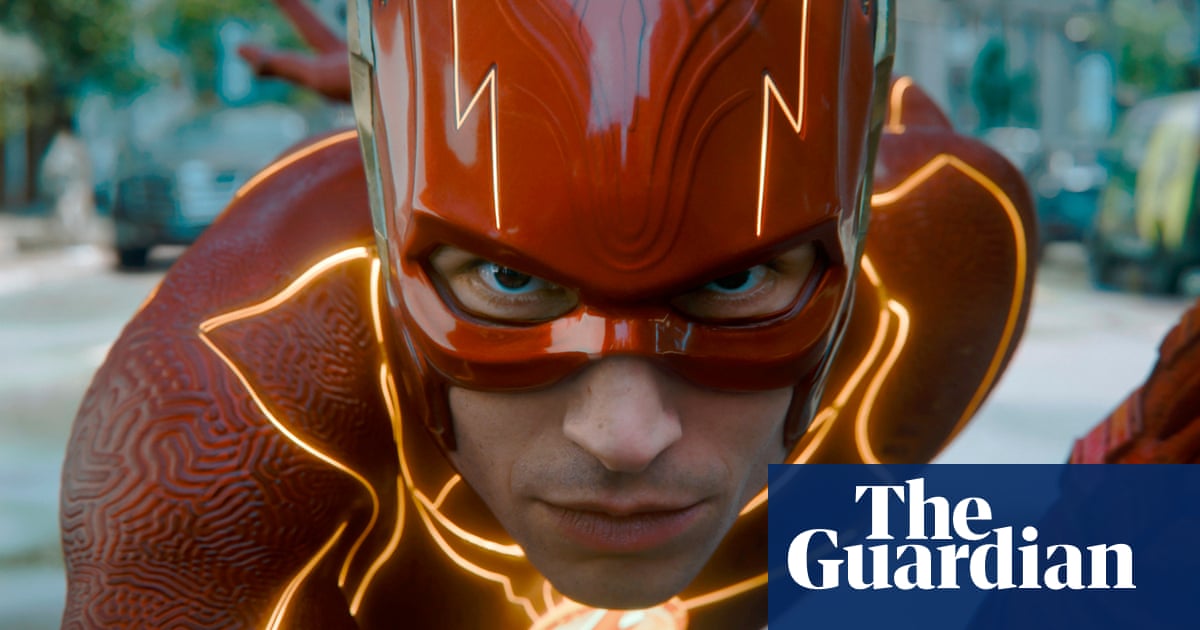
Federico Chiesa hoped Euro 2024 would be a platform to relaunch his career. In a TV interview on the eve of the tournament, the Italy forward spoke wistfully of how a knee injury sustained within six months of helping his country win the previous edition had knocked him off course. “After Euro 2020 I had a chance to position myself among the top footballers in the world,” he said. “Instead I tore my cruciate ligament and had a long period of rehabilitation. My objective is to get back among the very best.”
It did not happen this summer. Chiesa played well in Italy’s opener, a 2-1 win over Albania, but struggled along with the rest of his teammates as the Azzurri were dominated by Spain. Benched for the final group game against Croatia, he failed to make a mark after returning to the starting XI for the last-16 loss to Switzerland.
Italy’s manager, Luciano Spalletti, had previously described Chiesa as “our Jannik Sinner” – a reference to their compatriot who won his first major and reached the top of the men’s tennis rankings this year. How could such a talent leave a major tournament without a single goal or assist? And why would Juventus discard him so cheaply now, selling to Liverpool for a reported fee of £10m?
The answers are layered. Chiesa was entering the final year of his contract as one of Juventus’s highest earners. The club have spent more than €150m on transfer fees this summer, rebuilding their squad to fit the tactical vision of the new manager, Thiago Motta. Something had to give and they made difficult decisions to cash in on the talented youngsters Matías Soulé, Dean Huijsen and Samuel Iling-Junior too.
Still, that is not the whole picture. On the surface, Chiesa looks like a player who could fit well into Motta’s fluid systems, which call for players to constantly swap roles. In four seasons at Juventus he has started everywhere across the attack, lining up as a winger on either side, a No 10, a lone centre-forward and even a wing-back.
Despite tension over his contract, Chiesa was included in first-team training when he returned from his post-Euros break. Two weeks ago, he was placed fuori rosa – off the squad – and made to practise separately. Reporting in Turin suggested Motta was unimpressed with the player’s defensive application. Even after more than 100 games for the Bianconeri, uncertainty persists about how well-rounded a player Chiesa is. For all his eye-catching traits: explosive acceleration, power and an ability to strike the ball off either foot, we are yet to see production to match such potential.
It is easy to draw out unfavourable comparisons. Chiesa, for all Juventus’s defensive focus, averaged 2.3 shots per game. Teun Koopmeiners, who may fill a similar role for the Bianconeri this season after joining from Atalanta, scored 12 goals from 1.6.
Not all shots are created equal. If Chiesa’s attempts had a notably low average xG score (0.08 per attempt, per the stats website FBref), it is partly because they were often from further out and earned by individual effort rather than coordinated buildup play. It is also true, though, that Chiesa has been criticised through his career for trying to do too much, playing with his eyes down. That offers a possible explanation for why Motta, whose associative football requires players to constantly be conscious of one another’s positions, was not more eager to keep him around.
There is no way to separate Chiesa’s performance over the past three seasons from his situation: a player who had to recover from one major injury and several smaller ones, working for a manager who did not play to his strengths. Nevertheless, it is fair to ask whether expectations of Chiesa have been artificially raised by his name and a handful of eye-catching moments, rather than a consistent body of work.
How many 26-year-old forwards would be named in the same breath as Sinner when they have hit double figures in a single top-flight season? Chiesa seemed faintly embarrassed by the comparison. In an interview from his Fiorentina days, he once remembered his father saying: “You only become a Serie A player when you have made at least 300 appearances.” Chiesa has made 235.
It is easy to see the attraction of a fresh start and a chance to step out a little further from his father’s shadow – even if Enrico did score a goal at Anfield at Euro 96. From the club’s perspective, £10m is a low-cost gamble on a player who could still have his best years ahead. Chiesa said before the Euros “I want to show everyone what I’m made of”. It is up to him, now, to seize this new chance.












